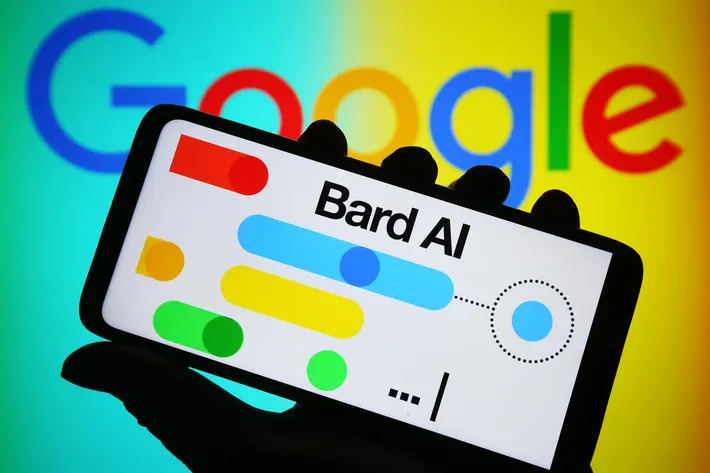OpenAI’s introduction of ChatGPT-4, the latest iteration of its advanced language model, marks a substantial leap in conversational AI capabilities. With a heightened capacity for nuanced and realistic interactions, ChatGPT-4 raises the bar for natural language processing. However, this enhanced fluency has given rise to concerns regarding potential misuse and the ethical considerations surrounding AI’s ability to mimic human interactions.
The unveiling of ChatGPT-4 demonstrates OpenAI’s commitment to advancing the state-of-the-art in natural language understanding. The model’s improved conversational abilities enable it to generate responses that exhibit a more sophisticated grasp of context, making interactions with users feel more fluid and human-like. This progress aligns with OpenAI’s goal of developing language models that are increasingly useful and capable of understanding user intent.
Despite these advancements, the increased fluency in ChatGPT-4 also poses challenges and ethical considerations. The model’s capability to generate contextually appropriate and nuanced responses may lead to more convincing AI-generated content, raising concerns about misinformation, manipulation, and the potential for malicious use. Ethical questions surround the responsible deployment of such advanced language models, necessitating careful considerations about their limitations and safeguards against misuse.
OpenAI acknowledges these concerns and emphasizes the importance of responsible AI development. The organization has implemented safety mitigations, including reinforcement learning from human feedback (RLHF) and substantial reductions in harmful and untruthful outputs. However, the evolving landscape of AI technology demands ongoing scrutiny and iterative improvements to address emerging challenges related to misuse and ethical implications.
The ethical considerations surrounding ChatGPT-4 extend beyond mere technical capabilities. Questions arise about the societal impact of AI systems that can convincingly emulate human conversation. Issues of consent, transparency, and user awareness become crucial, emphasizing the need for clear communication about the nature of AI interactions and the boundaries between human and machine.
OpenAI’s journey with ChatGPT-4 reflects the delicate balance between advancing AI capabilities and mitigating potential risks. As the technology evolves, responsible development practices, user education, and collaboration between researchers, developers, and the wider community become integral to ensuring the positive impact of AI on society.
OpenAI’s ongoing efforts to address concerns and implement safety measures exemplify a commitment to responsible AI development in the face of evolving challenges. As AI models approach human-like fluency, the responsibility lies in shaping their deployment to benefit society while minimizing potential risks and ethical implications.





